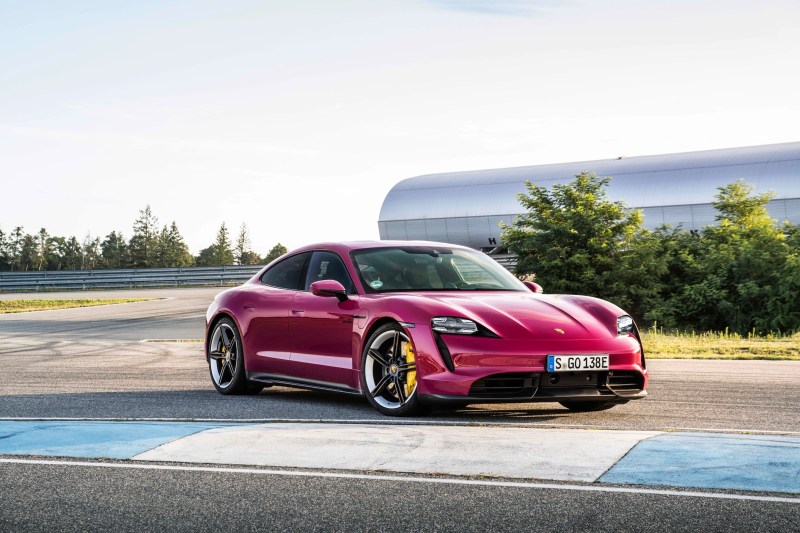While things got really bad for U.S. drivers when Russia invaded Ukraine, owning and driving a car has always been more expensive for people that live in Britain. Not only are their gas prices higher than ours, but they also have to pay taxes for using public roads based on their vehicle’s official CO2 emissions. Because of the rising costs of energy because of the ongoing war, the high cost of fuel, and the introduction of a new Vehicle Excise Duty (VED), electric vehicles are getting close to costing the same amount to run as a gas-powered vehicle across the pond.
The UK’s Inews claims that Britain is about to introduce a VED for electric vehicles to use public roads. EV owners will now be expected to pay up to £165 a year to drive their vehicles on public roads. Electric cars were exempt from VED, which was one way the government tried to incentive people to make the switch to an EV. But starting in April 2025, that won’t be the case. The outlet claims that forcing EV owners to pay a VED of £165 a year will help the government raise £1.6 billion. Drivers that purchase a new electric car after April 2025 will pay a VED rate of £10 per year for the first after, and then it becomes £165 a year.

With the new VED, electric vehicles are getting close to costing the same amount of money as gas- and diesel-powered vehicles to run. Data from the RAC’s Charge Watch states that an average-sized family vehicle with a 64-kWh battery pack costs 13 pence per mile to drive in May 2022. That’s for an EV that routinely gets charged at a public charging station. The price per mile rose to 18 pence in September 2022. In September, a gas-powered car cost 19 pence per mile to drive, while a diesel vehicle cost 21 pence per mile.
The outlet, citing research from AA, claims that high electricity prices are a large factor for consumers looking to switch to an electric vehicle, as it has delayed more than 70% of drivers from choosing an EV. With electric cars being more efficient than gas- and diesel-powered vehicles and Britain choosing to ban these
Since America doesn’t charge any fees to use roads based on emissions, you have to pay tolls to get through tunnels, over bridges, and to bypass traffic, gas-powered vehicles will be more affordable to own and drive than electric cars for quite a long time. Plus, could you imagine the government trying to tax people to use roads based on their cars’ CO2 emissions? What would all the people that daily drive large pickup trucks for no reason do? The People’s Convoy would certainly have a field day if that ever happened.



